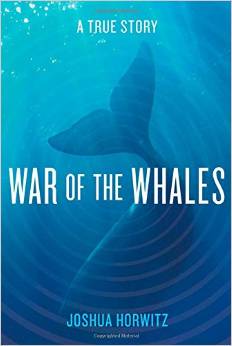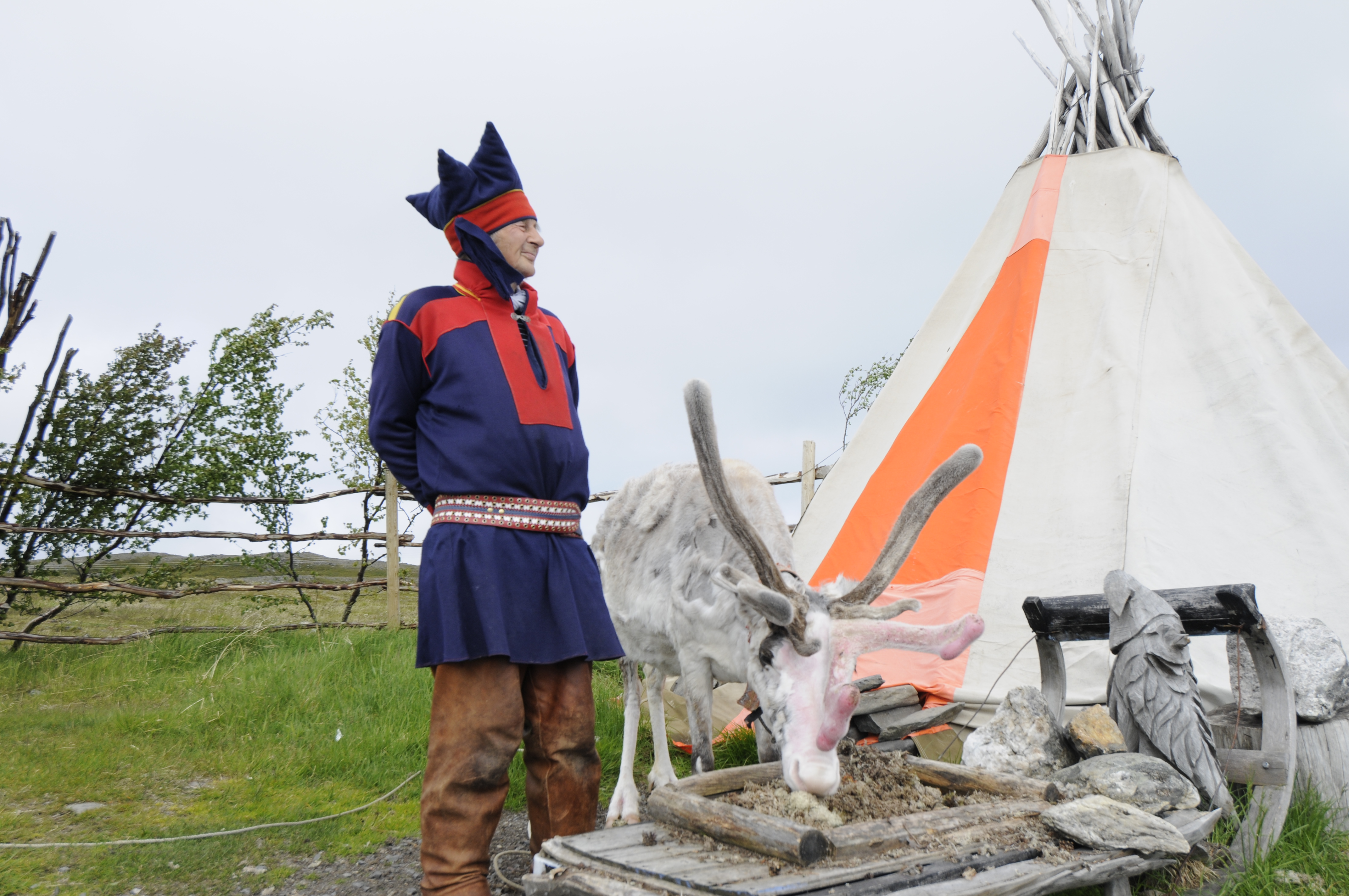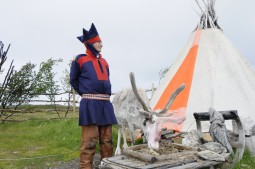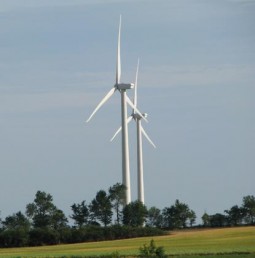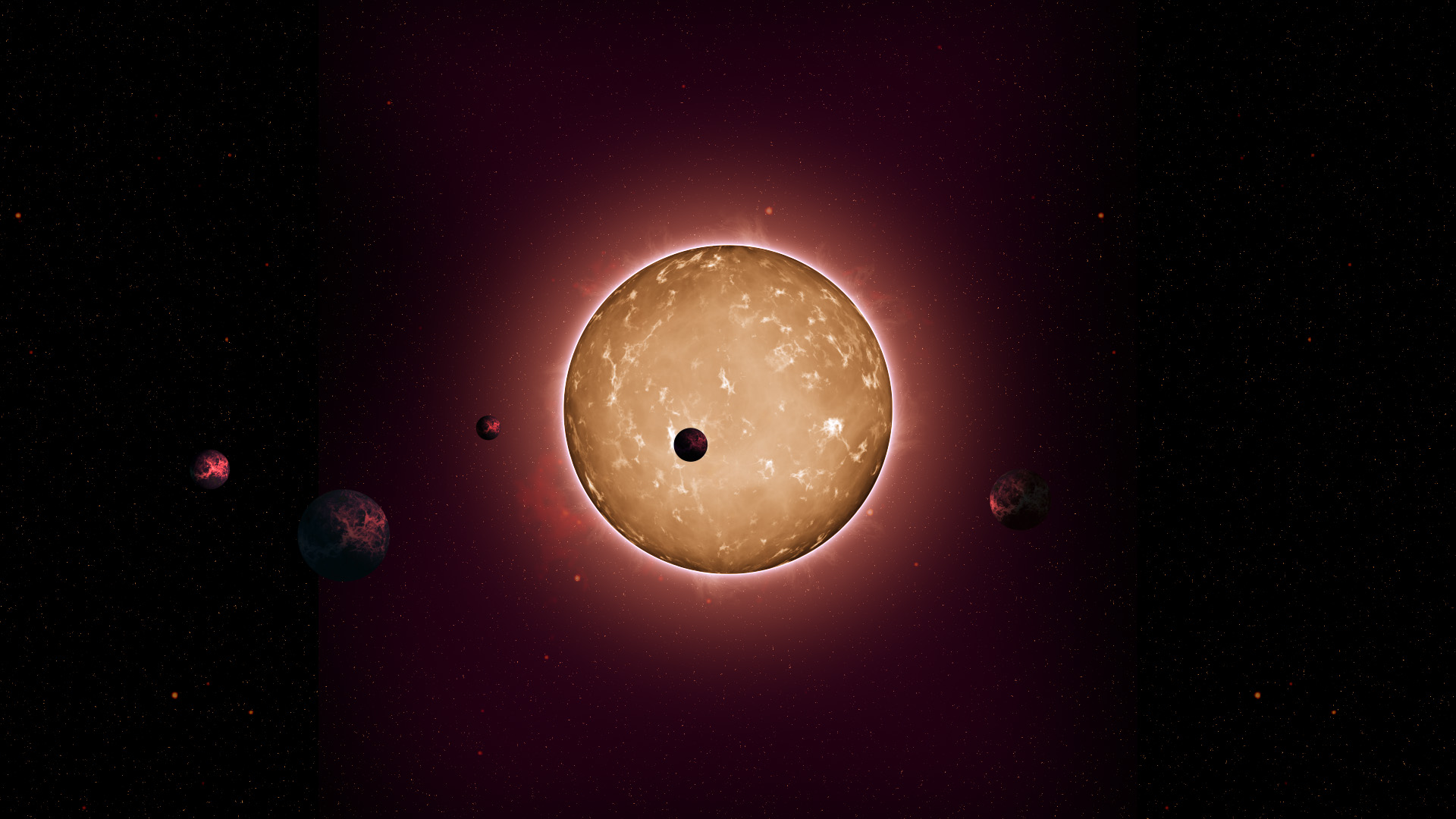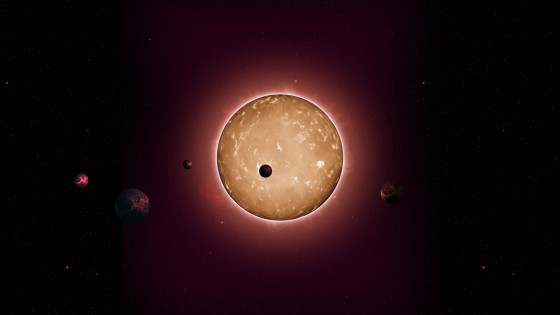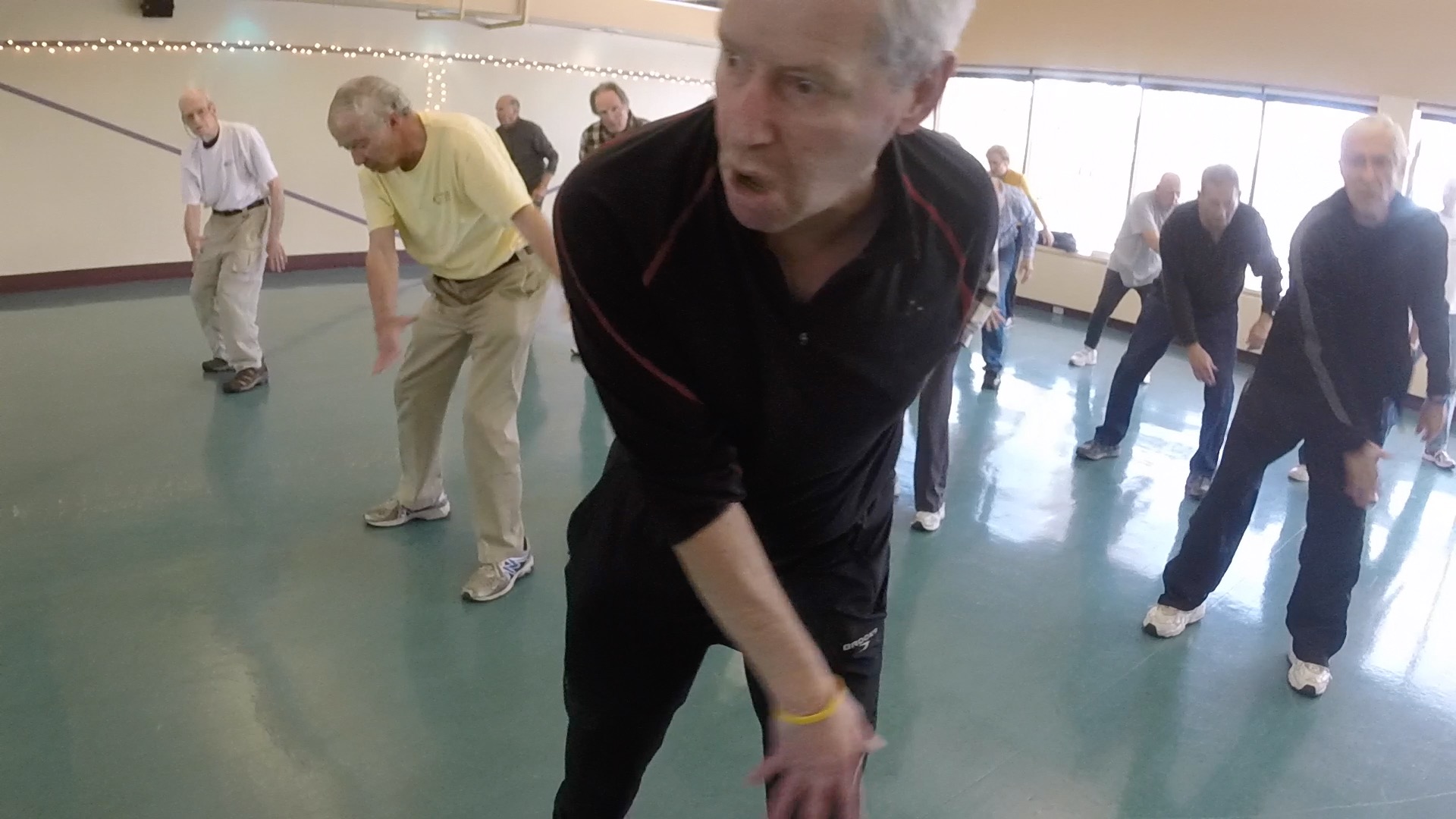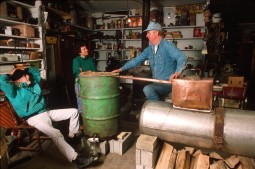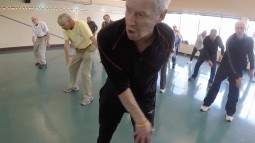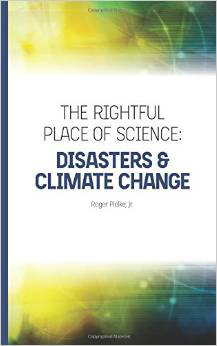Climate Scientists (starts at 1:00): Climate scientists (scientists in general) tend to steer clear of speaking out as activists about concerns that are politically volatile. But that’s changing. Many climate scientists are stepping out of their research comfort zone to offer personal stories of why they care and what we all can do about the crisis. A group of scientists launched a video campaign last week. It’s called More Than Scientists. We speak with Dr. Josh Lawler (University of Washington), who one of the founders of the campaign.
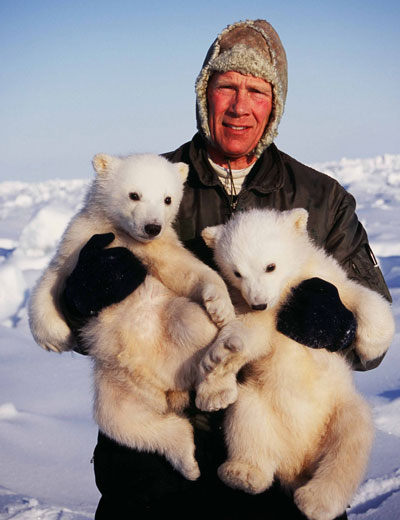 Polar Bears (starts at 6:30): It is well known that, right now, life for polar bears looks bleak. Warming temperatures mean the season for sea ice cover in the Arctic has become shorter and shorter. As sea ice provides a home and hunting ground for polar bears, both the number of bears and their health has suffered. There is even talk of them becoming extinct. But is this something that we should worry about in Colorado and other non-arctic regions around the world? We don’t have bears, right now we don’t have ice, and we have plenty of other concerns. Dr. Steven Amstrup, the Chief scientist for Polar Bears International, joins us on How on Earth to explain why we should care. He thinks that polar bears are the sentinels of global health and that they provide advance warning of some of the challenges coming to all species. That includes us humans. But he thinks if we act soon, we can save both the bears and ourselves.
Polar Bears (starts at 6:30): It is well known that, right now, life for polar bears looks bleak. Warming temperatures mean the season for sea ice cover in the Arctic has become shorter and shorter. As sea ice provides a home and hunting ground for polar bears, both the number of bears and their health has suffered. There is even talk of them becoming extinct. But is this something that we should worry about in Colorado and other non-arctic regions around the world? We don’t have bears, right now we don’t have ice, and we have plenty of other concerns. Dr. Steven Amstrup, the Chief scientist for Polar Bears International, joins us on How on Earth to explain why we should care. He thinks that polar bears are the sentinels of global health and that they provide advance warning of some of the challenges coming to all species. That includes us humans. But he thinks if we act soon, we can save both the bears and ourselves.
Dr. Amstrup also will be giving a talk in the Old Main auditorium on the CU Boulder campus on Friday, April 3rd at 4:00 pm. His talk is titled: “Why Should We Care About Polar Bears?” More details about the talk can be found at:
http://cires.colorado.edu/news/events/events/dr-steve-amstrup/?eID=163
Hosts: Jane Palmer and Joel Parker
Producer and Engineer: Joel Parker
Additional Contributions: Susan Moran
Executive Producer: Kendra Krueger
Listen to the Show:
Podcast: Play in new window | Download (Duration: 24:30 — 22.4MB)
Subscribe: RSS




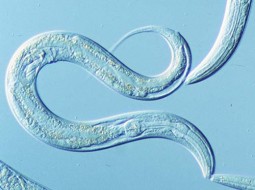
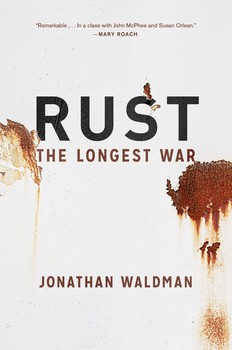
 On today’s spring pledge-drive show we offer segments of two feature interviews. See extended versions also below. Both books are available to those who pledge at least $60 to KGNU. Call 303.449.4885 today.
On today’s spring pledge-drive show we offer segments of two feature interviews. See extended versions also below. Both books are available to those who pledge at least $60 to KGNU. Call 303.449.4885 today.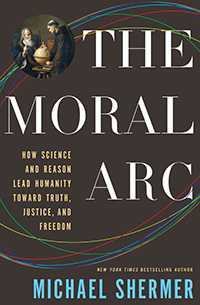 The Moral Arc (start time: 13:21) Author and renowned skeptic Michael Shermer talks with How On Earth contributor Shelley Schlender about his
The Moral Arc (start time: 13:21) Author and renowned skeptic Michael Shermer talks with How On Earth contributor Shelley Schlender about his 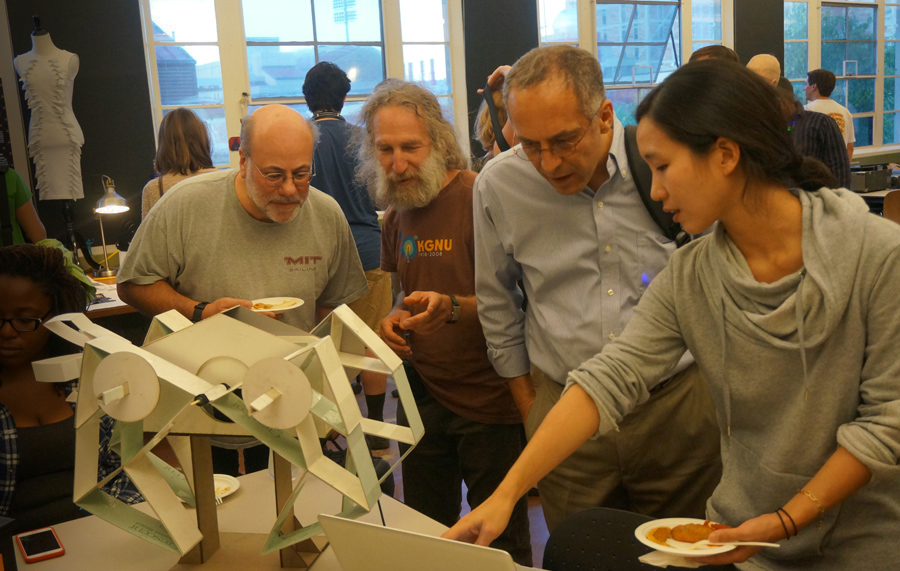
 ATLAS Institute Today we are joined in the studio with Mark Gross of the Alliance for Technology, Learning and Society institute at CU and Alicia Gibb Director of The Blow Things Up Lab, one of the spaces part of the ATLAS department.
ATLAS Institute Today we are joined in the studio with Mark Gross of the Alliance for Technology, Learning and Society institute at CU and Alicia Gibb Director of The Blow Things Up Lab, one of the spaces part of the ATLAS department.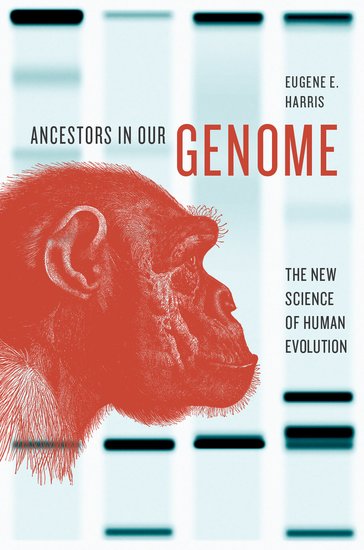
 We speak with
We speak with 